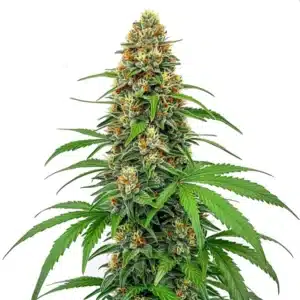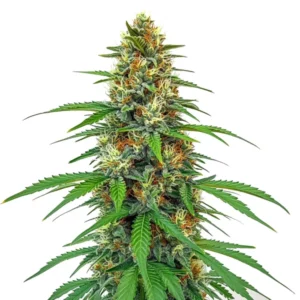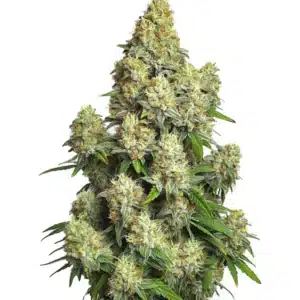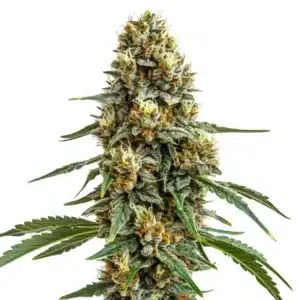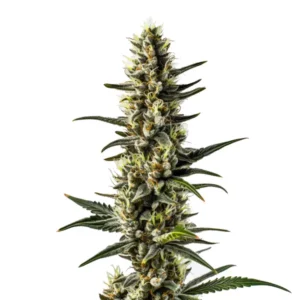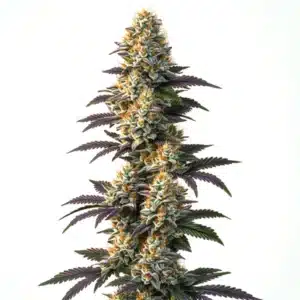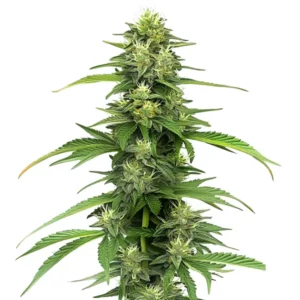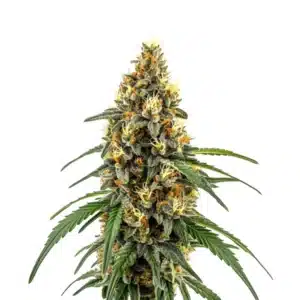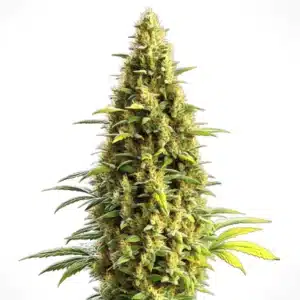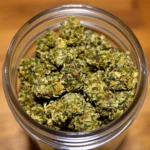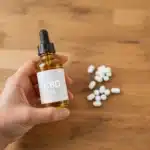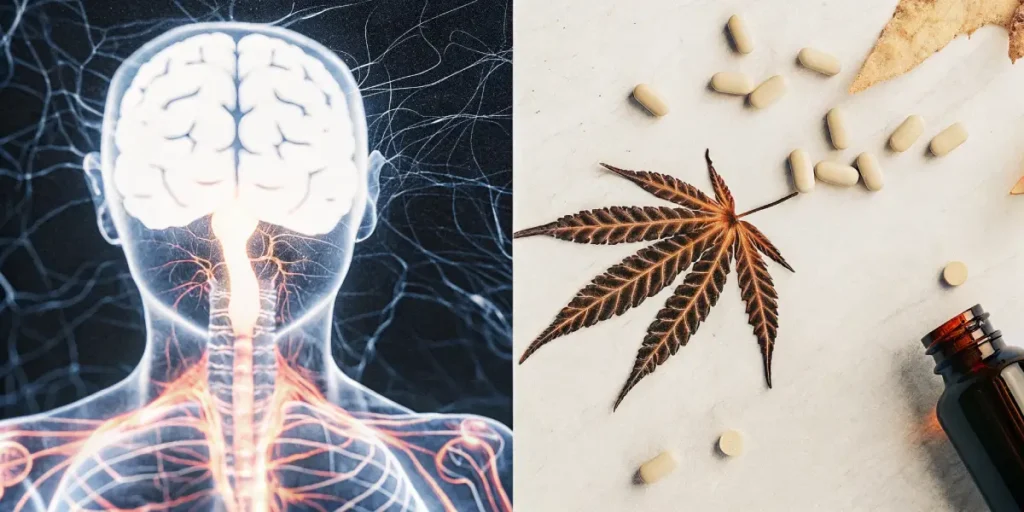
Exploring THC and Antibiotics: Key Information for Patients
THC and antibiotics are two substances that may interact in ways that are important for patients to understand. Antibiotics are critical medications that help manage infections caused by bacteria. While their importance in healthcare is widely recognized, concerns about how these medications interact with substances like THC (tetrahydrocannabinol)—the compound from cannabis that produces a “high”—are increasingly relevant. It is vital for users of cannabis to be informed about how THC and antibiotics could affect each other during treatment.
Interest in cannabis and its potential benefits has surged over the last decade. This heightened awareness has led many to question how THC interacts with pharmaceutical medications, particularly antibiotics. Understanding this dynamic is essential in ensuring safe and responsible use of both THC and antibiotics.
Recommended Strains
CBD Sour Tangie (1:25)
|
|
CBD | 6% – 8% (Low) |
|
|
Type | CBD Feminized |
|
|
Yield | Low |
|
|
Phenotype | 10% Indica / 90% Sativa |
CBD Tangie (1:15)
|
|
CBD | 12% – 14% (Medium) |
|
|
Type | CBD Feminized |
|
|
Yield | Medium |
|
|
Phenotype | 50% Indica / 50% Sativa |
How THC Influences the Body
THC interacts with cannabinoid receptors in the brain and body, triggering a wide range of effects that can include euphoria, heightened sensory perception, and even relief from pain. This interaction occurs within the endocannabinoid system, which plays an essential role in regulating various bodily functions such as mood and appetite. When a person consumes THC, they may notice changes in how they feel both mentally and physically.
The influence of THC on the body doesn’t just stop at mood alterations; it can also affect how other medications, like antibiotics, are processed. THC can impact the metabolic processes of certain drugs, which may lead to an unexpected enhancement or reduction in the effectiveness of antibiotics. Recognizing this interaction is particularly important for those who rely on antibiotics during their cannabis use.
Specific types of antibiotics are metabolized in the liver by enzymes that can be affected by THC. This means that the concurrent use of THC and antibiotics might result in increased side effects or a decrease in the therapeutic effectiveness of the antibiotic. Therefore, cannabis users who must take antibiotics should carefully consider this relationship and consult their healthcare providers for guidance.
Promos & Deals
Interactions Between THC and Antibiotics
Each antibiotic interacts differently with THC, which makes understanding these distinctions crucial for anyone using cannabis while on antibiotic treatment. Some antibiotics have a higher potential for interaction with THC than others. This variability underscores the importance of consulting medical professionals before mixing substances.
- Broad-spectrum antibiotics: Medications like amoxicillin may experience significant interactions with THC, potentially altering their effectiveness.
- Macrolide antibiotics: Drugs such as erythromycin and azithromycin have reported interactions with THC, making professional guidance essential.
- Individual variability: It’s important to remember that people react differently to medications; therefore, healthcare advice is crucial for safety.
For instance, using THC alongside erythromycin might heighten side effects like dizziness or drowsiness. This can interfere with tasks that require attention and focus, such as operating a vehicle. Consequently, anyone considering THC while taking antibiotics should have an open conversation with their doctor to outline potential risks and manage them effectively.
Moreover, the way THC impacts the metabolism of antibiotics indicates that it can affect how long these medications remain active in the body. Patients who are using both substances should be vigilant in monitoring their health for any unusual symptoms and should keep their healthcare providers informed about their experiences.
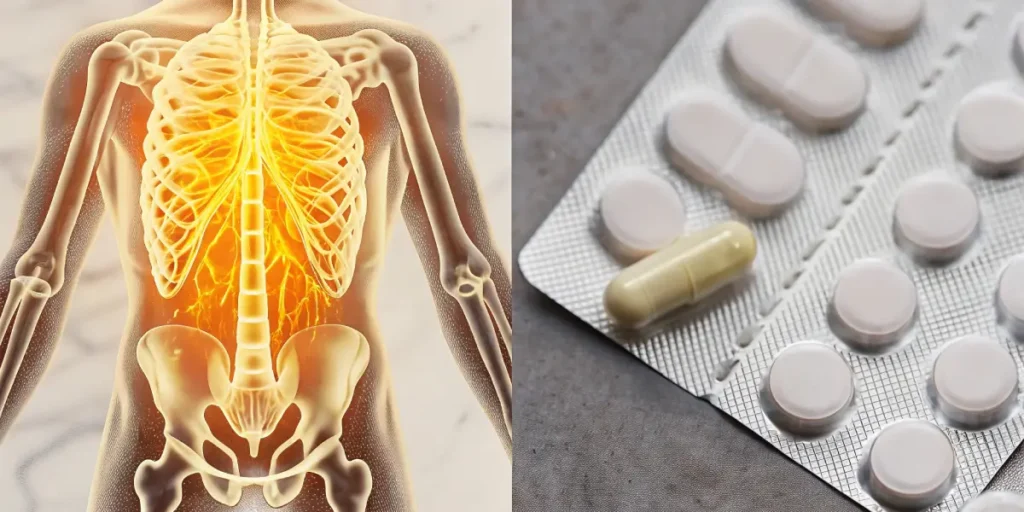
Selecting the Right Strains of THC During Antibiotic Treatment
If individuals opt to use THC while under antibiotic treatment, understanding the relationship between THC and antibiotics is crucial. Selecting specific strains can help balance the interaction’s effects. Certain cannabis strains are known for their milder impacts, which can reduce the possibility of adverse interactions. Below are a few strains that might be beneficial:
- Blue Dream: This strain is well-liked for its balanced effects, providing a mild euphoria suitable for both novices and veteran users alike.
- Granddaddy Purple: Revered for its calming properties, this strain may alleviate anxiety and stress while minimizing intense psychoactive effects.
- Harlequin: This strain boasts a higher CBD content, ensuring a more subdued psychoactive experience that may be ideal for those looking to limit their THC intake.
Each of these strains offers unique benefits that can help address symptoms such as discomfort or anxiety. However, consulting a healthcare professional before selecting any strain is always wise to ensure it aligns with personal health needs and treatment goals.
Monitoring how these strains affect overall well-being is crucial, especially when used alongside prescribed medications. Finding the right balance requires a thoughtful approach to individual health considerations and overall comfort.
Helpful Tips for Cannabis Users Taking Antibiotics
For those who enjoy cannabis and need to take antibiotics concurrently, implementing a few strategies can help manage potential interactions effectively. One of the most important steps is being open about cannabis usage with healthcare providers. This transparency helps ensure that appropriate adjustments can be made for safe and effective treatment.
Timing the usage of cannabis and antibiotics may also play a role in minimizing interactions. For example, spacing out the doses can allow the body sufficient time to process each substance without impacting one another immediately. A well-timed approach can lead to a smoother experience during treatment.
Additionally, the method of consumption is worthy of consideration. Ingesting edibles could result in longer-lasting effects, while methods like vaping may present quicker onset responses. Ultimately, the decision regarding the consumption method should reflect individual preferences and how each person responds to these substances.
Keeping Track of Your Health
Maintaining a journal to document experiences while using both THC and antibiotics can be immensely beneficial. Noting effects, side effects, and any changes in symptoms will aid discussions with healthcare providers, paving the way for better management of both cannabis use and antibiotic therapy.
Being attentive to your body’s signals is essential. Any increase in side effects or feelings of unease should prompt immediate consultation with a healthcare professional. Adjustments to dosage or frequency may be necessary to create a safer experience with either substance.
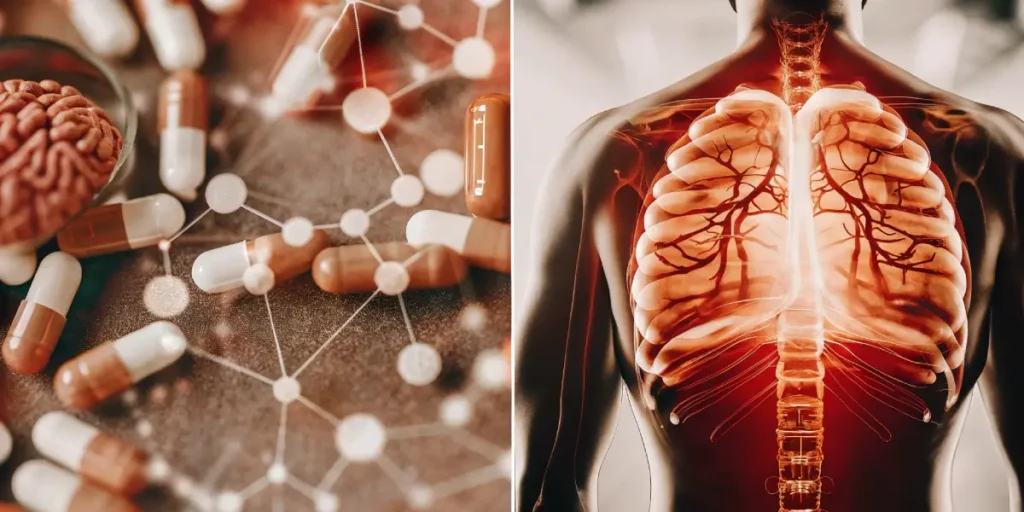
FAQs about THC and antibiotics
Is it safe to use THC while taking antibiotics?
Combining THC with antibiotics is feasible, but it’s crucial to exercise caution. Discussing the use of cannabis with your healthcare provider will help you take the necessary steps to ensure safe medication interactions.
What information should I share with my doctor regarding cannabis?
It’s important to be transparent with your doctor about your cannabis use, including how frequently you use it and the amount. This information enables them to make informed recommendations tailored to your health.
Are there cannabis strains that are safer to pair with antibiotics?
Some strains, particularly those high in CBD like Harlequin, can provide milder effects compared to high-THC options. Talking with a knowledgeable dispensary staff member can help in selecting safer options for use alongside antibiotics.
How can potential side effects be managed effectively?
Paying close attention to your body’s reactions is vital in managing side effects. Keeping careful records of when side effects emerge will facilitate effective communication with your healthcare provider.
Is further research being conducted on THC and antibiotics?
Yes, ongoing research aims to explore and clarify the connections between THC and various medications, including antibiotics. Keeping up to date with new findings can be beneficial for anyone using both products.


